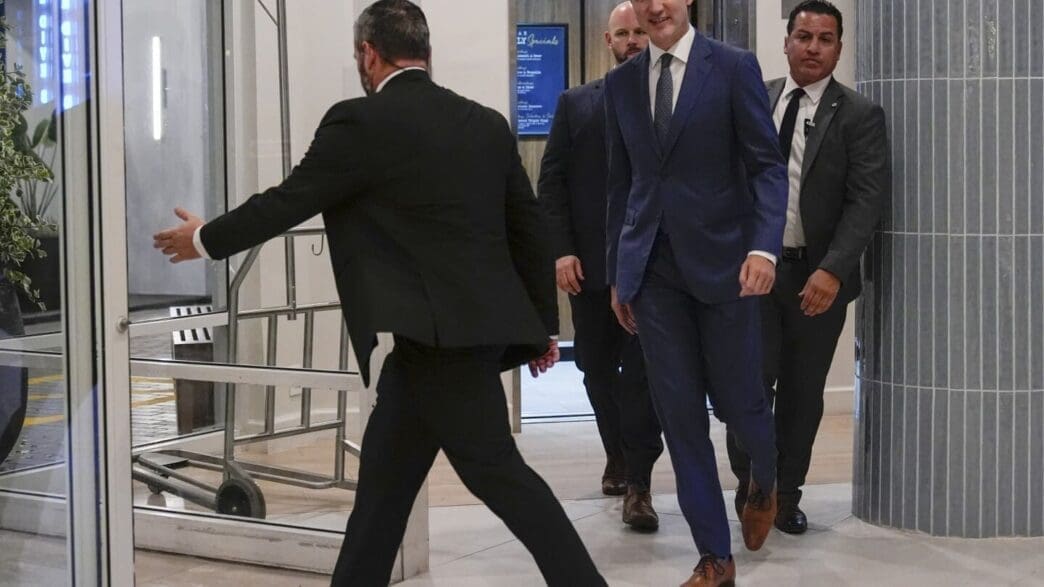Prime Minister Justin Trudeau has directly communicated to Donald Trump that proposed tariffs on Canadian products would have adverse effects on both Canadian and American economies, according to a Canadian minister.
Trudeau recently met with Donald Trump at Mar-a-Lago, seeking to avert the imposition of sweeping tariffs on Canadian goods. Trump’s threats include a 25% tax on products entering the U.S. from Canada and Mexico, primarily motivated by concerns over drug trafficking and immigration.
Canadian Public Safety Minister Dominic LeBlanc, who was present at the meeting, emphasized the importance of protecting Canada’s economy and its workers. However, he also noted the potential repercussions on U.S. economic factors, particularly regarding affordability, if the tariffs were enforced.
Trudeau highlighted that the Canadian border is significantly different from the U.S.-Mexico border, a point Canadian officials are keen to communicate to their U.S. counterparts. Despite productive discussions, Trudeau returned without an explicit assurance from Trump that tariffs would not be implemented.
Economists warn that enforcing these tariffs could lead to considerable price hikes for essential goods, contravening Trump’s campaign promise to ease inflation for American families. Significant price increases are anticipated in sectors such as food, clothing, and automotive industries, among others.
In response, Canada is examining possible retaliatory tariffs on U.S. goods should Trump proceed with his tariff plan. The discussions at Mar-a-Lago involved high-profile figures such as Howard Lutnick, Doug Burgum, and Mike Waltz, all part of Trump’s future administration.
Canada is a critical trade partner for the U.S., as it is the leading export destination for 36 states. Approximately $2.7 billion worth of goods and services cross the Canada-U.S. border daily. Additionally, Canada is the primary foreign supplier of key resources such as crude oil, electricity, steel, and aluminum to the U.S., with important implications for national security.
Kirsten Hillman, Canada’s ambassador to the U.S., reiterated that Canada is not the source of drug and immigration issues that Trump associates with border security challenges. Her comments followed criticisms from Mexico’s President Claudia Sheinbaum, who rejected any negative comparison between Canadian and Mexican border issues.
The meeting between Trudeau and Trump underscores the complex economic and political considerations at play as tariffs loom. While the discussions were constructive, the lack of a definitive assurance against tariffs leaves the future of U.S.-Canada trade relations uncertain.
Source: Apnews








